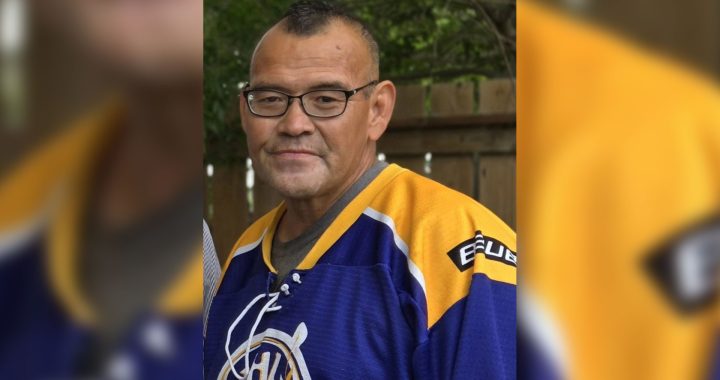WINNIPEG – A Manitoba grand chief says a remote northern First Nation is still healing after the gruesome killing of an 11-year-old girl.
A boy, who is now 17, was sentenced on Monday to 10 years for first-degree murder in the 2015 death of Teresa Robinson. He cannot be identified under Canada’s youth justice laws.
Sheila North, grand chief of Manitoba Keewatinowi Okimakanak which represents northern First Nations, said the murder traumatized many people from the Garden Hill community, about 600 kilometres north of Winnipeg.
“I don’t know if everything will ever be back to normal,” North said. “I think we saw as a country what happens when we don’t support young people in communities like that.”
Robinson disappeared after leaving a birthday party in the community on May 5, 2015.
Her remains were found by searchers in a wooded area six days later. It was initially thought that Robinson had been attacked by an animal, but court heard that injuries uncovered during an autopsy led police to collect a DNA sample.
RCMP also collected hundreds of voluntary DNA samples from people in the community during the investigation. A sample from the killer matched the DNA taken from the girl’s body.
The 17-year-old pleaded guilty last December. He received the maximum youth sentence jointly recommended by the Crown and defence.
“I think it’s appropriate because the crime was so heinous, and I think that we need to provide justice where justice is necessary,” North said.
The young girl’s death showed there is a lot more that can be done to prevent similar tragedies on reserves, North added.
Children need stable housing, education, health care and social programs, she said. If there were equal funding for on-reserve programs, North said, the teenager could have received the help he needed.
“Unfortunately this is a lesson for the whole country to understand that we have to do more to support children and young people in First Nations.”










